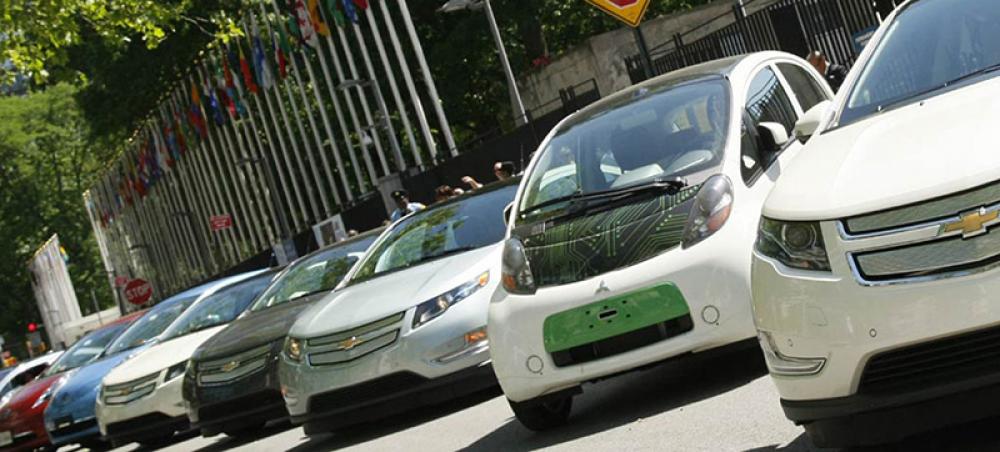Just Earth News | @justearthnews | 28 Jun 2024, 06:32 am Print
 Road Safety
Road Safety Photo Courtesy: UN Photo/JC McIlwaine
Have you ever been driving in your car and pressed the accelerator instead of the brake? It happens more than you might think and it’s a cause of serious accidents that UN road safety experts have found a fix to, they announced on Thursday.
Together with vehicle manufacturers and governments, the UN Working Party dealing with advanced driving technology issues has adopted a new regulation that prevents unwanted, sudden acceleration by making use of tech that can detect objects both in front of and behind vehicles.
Tokyo driver
Data from Asia and Europe suggest that older drivers tend to make this dangerous mistake more often. In Japan, they are eight times more likely to press the wrong pedal than other generations, which prompted Tokyo to propose a draft UN regulation to address the problem.
UNECE – the UN agency with overall responsibility for road safety regulations worldwide – noted that more accidents of this kind can be expected in future, given the expected doubling of the number of people aged 65 years or older worldwide by 2050.
Transmission mishaps
In Japan, for instance, the number of drivers older than 75 is projected to increase from four per cent in 2009 to more than nine per cent next year.
The UN agency also cautioned that the global rise in sales of cars with automatic transmission were another factor likely to contribute to more pedal-error accidents.
This assessment is based on crash data from the United Kingdom showing that seven out of eight “pedal misapplication” episodes involve automatics.
The new UN regulation will therefore only apply to automatic passenger vehicles. It is expected to enter into force in June 2025, although this is not a mandatory start date.
Greener brakes for electric cars
In a related development, the same UN Working Party on Automated or Autonomous and Connected Vehicles (GRVA) meeting in Geneva also approved new safer and greener braking systems for electric cars.
Unlike the braking systems in combustion engine vehicles – whose pneumatics or hydraulics rely on energy converted from fossil energy – electric cars cannot do this efficiently, the working group said, which is why the panel’s experts have examined and passed new braking technology which uses stored electrical energy, providing a comparable level of safety.
The new regulations apply to both light and heavy-duty vehicles and are expected to enter into force in June 2025. “Some manufacturers are anticipated to introduce new braking systems in compliance with the provisions already by end of 2025,” UNECE said.
- United Kingdom launches eVisa for Indian visitors starting today — Here’s what travellers need to know
- Abandoned at birth, Punch the macaque finds global love as crowds flock to Tokyo zoo
- YouTube Premium Lite just got a massive boost — Know all details
- Trump claims he stopped 35 million deaths by stopping India-Pakistan war
- Entrepreneur decides to shut down 16-year old eatery in London, cites harassment and Pakistani attacks





-1763561110.jpg)
